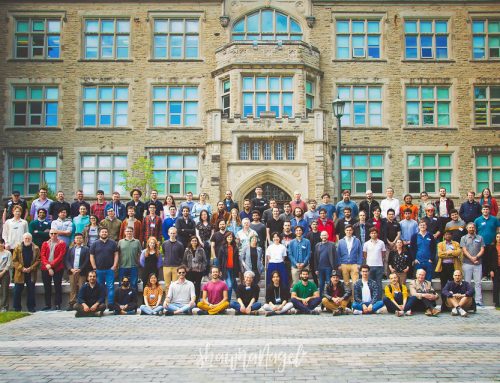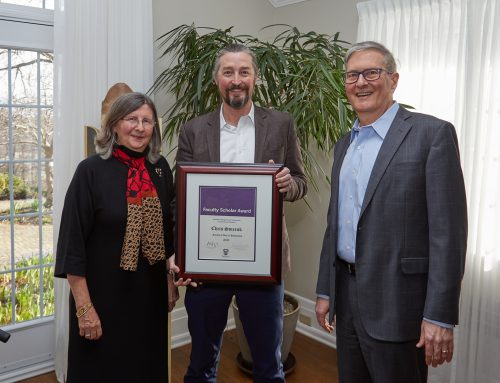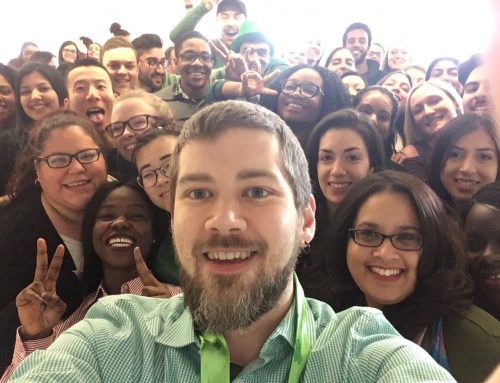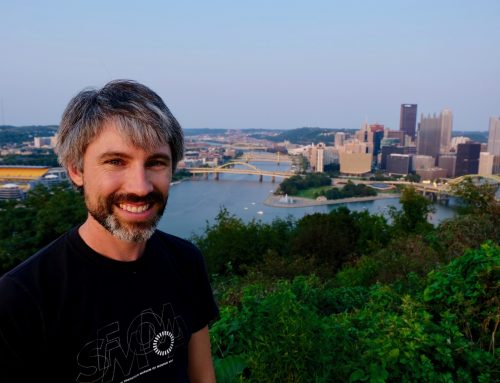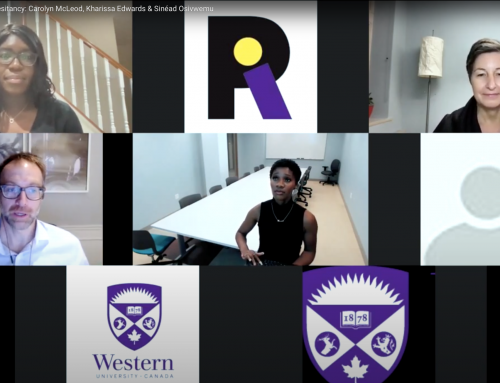Our project seeks to understand synthetic biology’s place in society to better inform its governance. We seek to capture synthetic biology as a deeply social enterprise composed of a complex network of actors involved in ongoing coevolution processes. Instead of merely parroting the common but mistaken notion that scientists know best and public opposition is rooted in scientific ignorance, we seek to understand how shared values (epistemic and moral) unite or divide stakeholders.
By understanding how this network of actors can influence each other, we hope to better inform policy decisions and predict points of disagreement. To enable this goal, there are two major phases.
First, we want to characterize the main areas of research in synthetic biology. We will begin by using previously published SynBio categories, but ultimately, we plan to construct our own set of categories via text mining.
Second, we will use the categories we have identified to choose a particular field for more in-depth investigation.
Within this field, we will select a local case study. By focusing on this case study, we can get a better sense of the diversity of proximal (and global) stakeholders we would expect to be involved in any given case study and see how the groups’ values differ. Using the results of our case study, we want to highlight how synthetic biology and society shape one another, given the interplay between the groups with distinct values.
Claims about the “obesity epidemic” are ubiquitous in the scientific press and mass media. At the same time, eating disorders (EDs) are on the rise in most segments of the population, and weight stigma and fatphobia are well-documented by scholars and activists. Together, these factors have contributed to global health crises.
Many different groups of researchers, scholars, and activists have developed their own discourses to address the crisis surrounding weight stigma, obesity, and EDs. These groups include scholars working in critical obesity studies, fat studies, and public health policy, as well as clinicians, such as ED specialists, bariatric surgeons, and health care providers who endorse a position of Health at Every Size (HAES). Despite the urgent need for solutions, these groups tend to form relatively polarized communities and rarely interact productively with each other. This lack of collaboration and knowledge sharing among groups hinders progress in this area.
Our project aims to address this shortcoming by bringing together individuals adopting different perspectives on this health crisis. We aim to establish lines of communication between the various camps and help them develop a shared framework for thinking about the connections between weight and health.
To achieve this end, we propose to bring representatives from these camps together in a transdisciplinary conference, in which all participants are tasked with addressing a particular case study and relating their approach to others’ approaches. Facilitatinglines of communication among these groups is a necessary first step to developing more just and effective interventions on weight stigma, obesity, and EDs.



